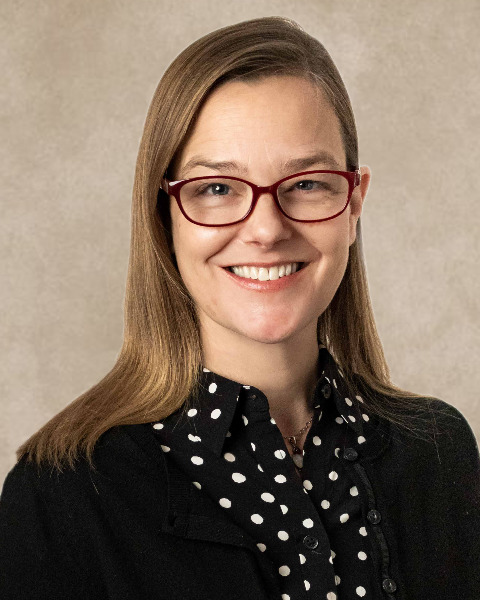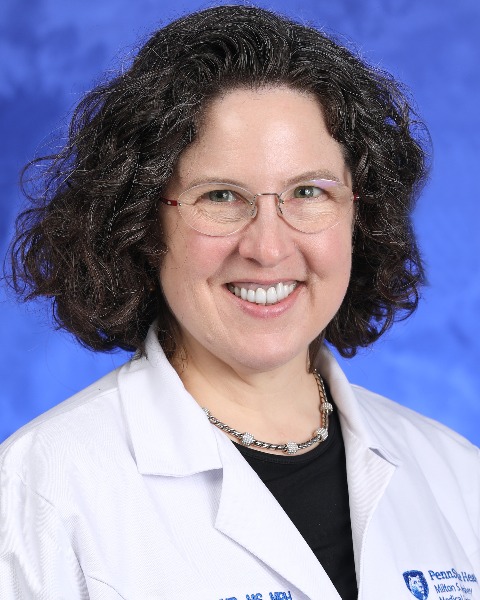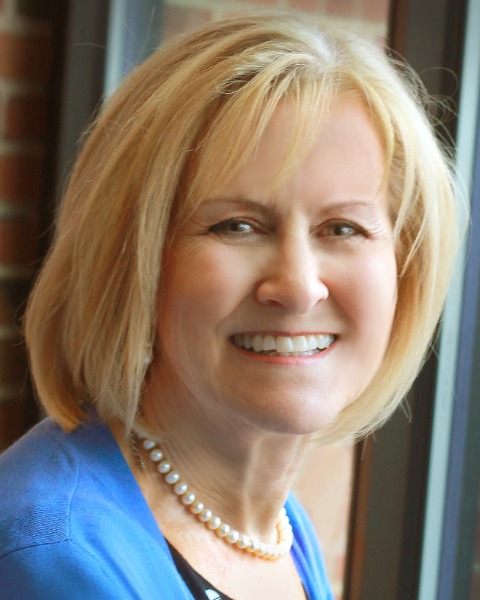Health Sciences
Living with Dementia: An Interdisciplinary Community-Based Education Series to Empower Care Partners
-

Erica Husser, PhD (she/her/hers)
Assistant Research Professor
College of Nursing
Penn State University
State College, Pennsylvania, United States -
.jpg)
Marie Boltz, PhD, FGSA, FAAN (she/her/hers)
Professor
Nese College of Nursing
Pennsylvania State University
State College, Pennsylvania, United States -

Rollin Wright, MD, MS, MPH (she/her/hers)
Associate Professor of Medicine
Penn State Health at Hershey Medical Center
Hershey, Pennsylvania, United States -

Janice Whitaker, M.Ed., B.S.N., RN, CDP (she/her/hers)
CGNE Administrator and Community Liasion
Tressa Nese and Helen Diskevich Center of Geriatric Nursing Excellence (CGNE)
Nese College of Nursing, Penn State University
State College, Pennsylvania, United States -

Erica Husser, PhD (she/her/hers)
Assistant Research Professor
College of Nursing
Penn State University
State College, Pennsylvania, United States
Chair(s)
Discussant(s)
Individual Symposium Abstract First Author(s)
Approximately 75% of persons living with dementia receive essential day-to-day direct care and support from informal, unpaid care partners who receive little education or guidance from health care professionals on how to negotiate day-to-day challenges associated with living with dementia. This symposium describes the development, implementation, and impact of a comprehensive, four-part Living with Dementia community education program focused on dementia care featuring an optional Memory Café, developed collaboratively by the Penn State College of Medicine and College of Nursing for the purpose of empowering care partners. The first presentation will describe the educational content and instructional strategies, designed by an interdisciplinary team (physician, nurse, and long-term care dementia specialist), and based on the Medicare Cognitive Assessment and Care Plan Services visit and using evidence-based curricula. The second presentation describes the concurrent and collocated intergenerational respite program (Memory Café) for persons living with dementia (PLWD) that enabled care partners to attend the education. Health care students were paired with a PLWD and during the two-hour session each pair engaged in Opening Minds though Art™ (OMA), reminiscence, and music therapy; outcome data includes PLWD pre- and post-mood assessments. The third presentation provides overall evaluation data from the 4-part education series. Respondents were asked about the overall impacts of the program, the skills they learned, the usefulness of the education now and into the future, and what additional support would be most helpful. Our discussant will address the implications of our findings for practice, policy, and future program development.
Learning Objectives:
- After attending the symposium, participants will understand how the Medicare Cognitive Assessment and Care Plan Services visit was transformed into four interactive learning sessions that integrated evidence-based care methods and was delivered to care partners living in rural and semi-rural communities.
- After attending the symposium, participants will have a better understanding of the positive approaches and care competencies needed to communicate and work effectively with persons living with dementia.
- After attending the symposium, participants will be able to list and describe how experts catalyzed research to create a comprehensive community education and outreach series.
Presentations:
-
3:30 PM – 5:00 PM ETMultimethod Community-Based Dementia Care Education to Empower Care Partners and Improve Wellness
Individual Symposium Abstract First Author: Rollin Wright, MD, MS, MPH (she/her/hers) – Penn State Health at Hershey Medical Center
-
3:30 PM – 5:00 PM ETMemory Café Provides Intergenerational Engagement Opportunities for LWD Care-Partners' Loved Ones
Individual Symposium Abstract First Author: Janice Whitaker, M.Ed., B.S.N., RN, CDP (she/her/hers) – Nese College of Nursing, Penn State University
-
3:30 PM – 5:00 PM ETLiving With Dementia: Community-Based Care Partner Education Evaluation Results
Individual Symposium Abstract First Author: Erica K. Husser, PhD (she/her/hers) – Penn State University
